5 Secrets to Choosing the Best Solar Electric System for Your Home
In recent years, the demand for Solar Electric systems has surged, driven by increasing energy costs and a growing awareness of environmental issues. According to the Solar Energy Industries Association (SEIA), the U.S. solar market saw a significant growth of over 20% in 2022 alone, marking the ninth consecutive year of growth in the sector. With over 3 million residential solar systems installed nationwide, homeowners are becoming more inclined to invest in solar technology to harness renewable energy and reduce their carbon footprint.
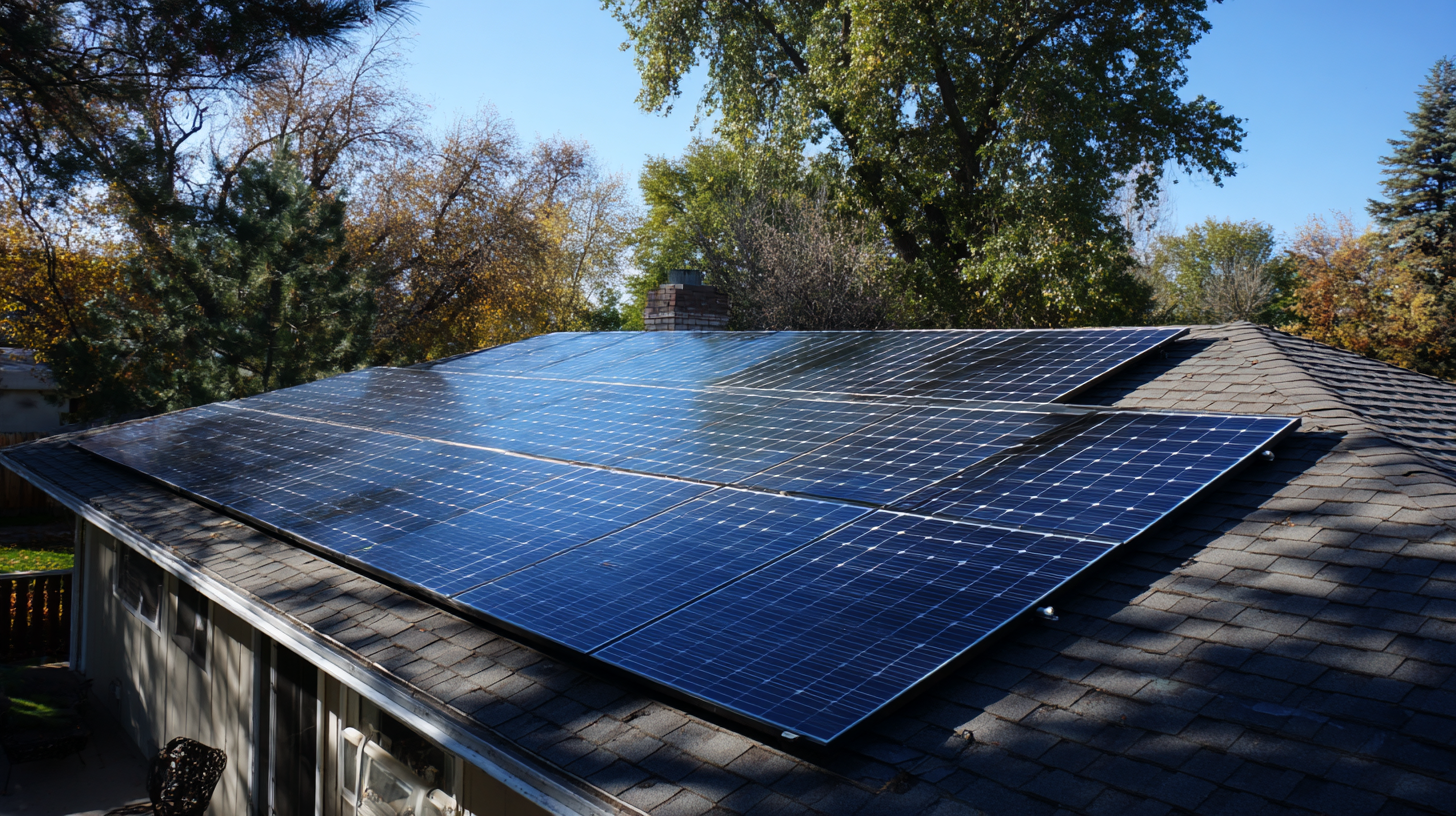
However, with the plethora of options available, choosing the right Solar Electric system can be daunting. Factors such as system efficiency, compatibility with existing infrastructure, and financial incentives are critical in determining the best fit for individual needs. Understanding these elements can empower homeowners to make informed decisions and maximize the benefits of their investment in solar energy.
Understanding Your Home's Energy Needs for Solar Installation
When considering a solar electric system for your home, one of the most critical steps is to understand your home's energy needs. This understanding will not only help you choose the right system size but also ensure that you are making an informed investment. Begin by reviewing your past electricity bills to determine your average monthly usage, which is typically measured in kilowatt-hours (kWh). This data will serve as a foundation for assessing how much energy your potential solar installation needs to generate.
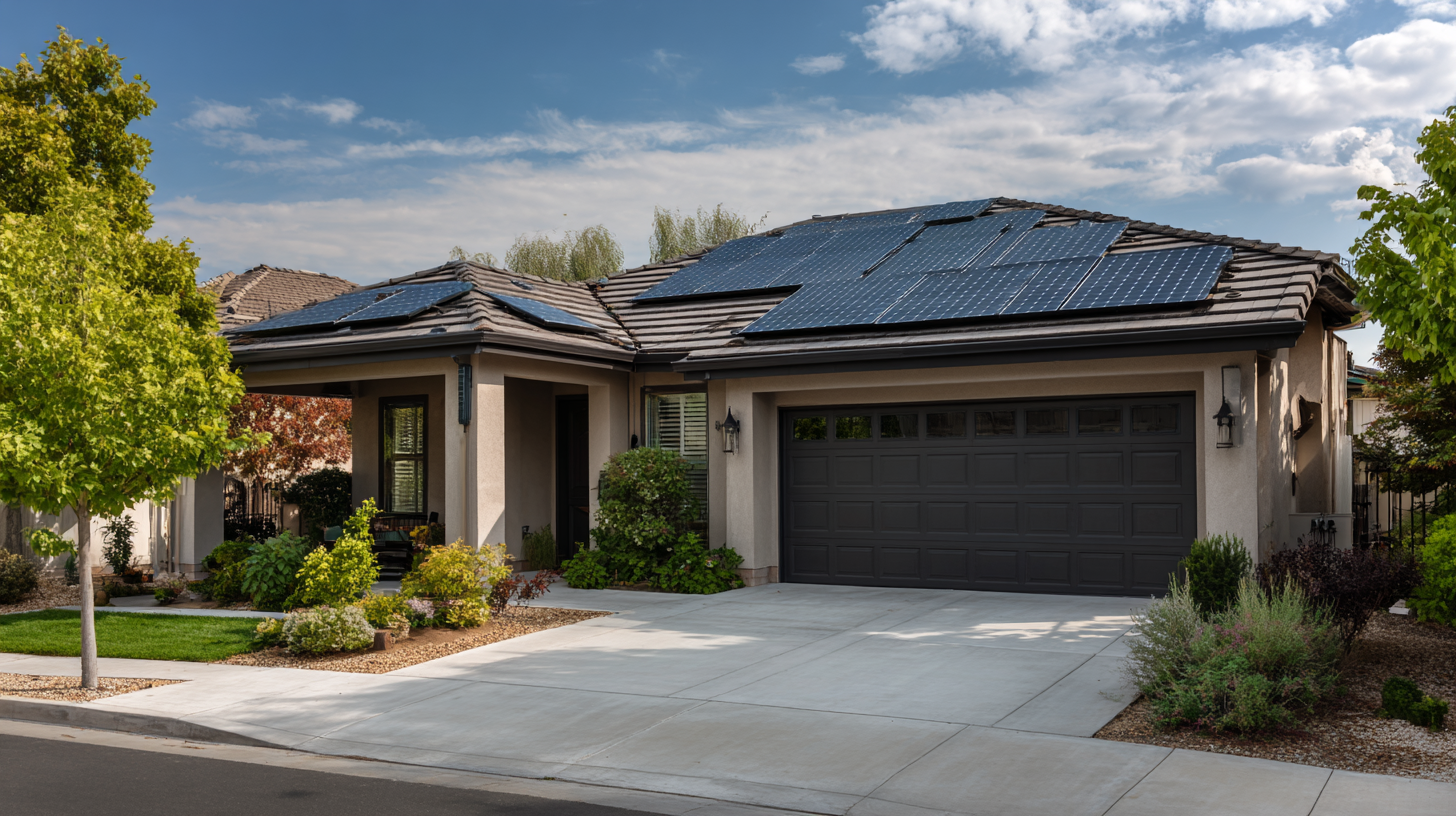
Tips: Pay attention to seasonal fluctuations in your electricity usage. For instance, air conditioning usage in the summer can significantly increase your energy consumption. If your home has energy-efficient appliances, consider how they impact your overall demand.
Additionally, think about any future changes that may affect your energy needs, such as purchasing new appliances or expanding your home. By anticipating these changes, you’ll be better prepared to select a solar system that meets your evolving requirements.
Tips: Consulting with a solar energy professional can also provide insights into how your specific needs align with available technology. They can evaluate your home’s roof orientation, shading factors, and other elements that contribute to an optimal solar setup.
Evaluating Different Types of Solar Electric Systems Available
When evaluating different types of solar electric systems available for your home, it’s essential to consider the unique characteristics of each system to determine which best fits your needs. The most common types include grid-tied systems, off-grid systems, and hybrid systems. Grid-tied systems, which connect directly to the utility grid, are generally the most popular option due to their lower installation costs and ability to sell excess energy back to the grid. This can significantly offset your energy bills while providing reliable power without the need for battery storage.
On the other hand, off-grid systems offer complete independence from the utility grid, making them ideal for remote locations or homeowners seeking energy autonomy. These systems require a sizable battery bank to store energy for use during periods of low sunlight, which can drive up initial costs and maintenance needs. Hybrid systems combine the best features of both grid-tied and off-grid options, allowing you to utilize the grid while also having battery storage for additional security. Evaluating your home’s energy needs, budget, and goals will help you decide which solar electric system aligns with your lifestyle and energy consumption habits.
5 Secrets to Choosing the Best Solar Electric System for Your Home - Evaluating Different Types of Solar Electric Systems Available
| Type of Solar System | Efficiency (%) | Cost per Watt ($) | Lifespan (Years) | Best For |
|---|---|---|---|---|
| Monocrystalline | 15-22% | $3.00 - $4.00 | 25+ | High efficiency and space limitations |
| Polycrystalline | 13-16% | $2.50 - $3.50 | 25+ | Budget-friendly options |
| Thin-Film | 10-12% | $1.00 - $2.00 | 10-20 | Large areas where space is not an issue |
| Bifacial | 15-25% | $3.00 - $5.00 | 30+ | Areas with reflective surfaces |
| Building-Integrated PV (BIPV) | 10-20% | $5.00 - $10.00 | 20+ | Architectural integration |
Analyzing Costs and Financial Incentives for Solar Systems
When considering a solar electric system for your home, financial incentives and costs are critical factors that can significantly influence your decision. With the solar market booming, understanding the available financial incentives is essential to maximize your investment. Many governments offer tax credits, rebates, and performance-based incentives that can reduce the initial installation costs, making solar installations more accessible to homeowners. These incentives can vary by location, so it's crucial to research local programs to take advantage of potential savings.
The growth in the solar energy sector indicates not only a shift towards renewable resources but also the increasing affordability of solar systems. By 2031, the solar charge controller market is projected to reach $2.828 billion, significantly rising from $182.16 million in 2024, backed by a compound annual growth rate of 6.49%. Similarly, the microinverter market is expected to grow from $4.12 billion in 2024 to $15.4 billion by 2032, with a robust annual growth rate of 17.92%. Such trends underscore the importance of analyzing costs and potential savings, enabling homeowners to make informed choices about adopting solar technology for their energy needs.
5 Secrets to Choosing the Best Solar Electric System for Your Home
Choosing the Right Installer: Credentials and Reviews
When it comes to selecting the right solar electric system for your home, choosing a qualified installer is essential. According to the Solar Energy Industries Association (SEIA), more than 50% of solar customers report that their decision was heavily influenced by the installer’s reputation. Credentials play a crucial role in this process; look for certifications from the NABCEP, which indicates that the installer has met rigorous industry standards. Additionally, compliance with local licensing requirements ensures that the installer is qualified to work in your area.
Moreover, consumer reviews can provide invaluable insights into the quality of service you can expect. A survey conducted by EnergySage found that homeowners who researched contractor reviews were 30% more likely to choose reputable firms. It's important to explore multiple platforms, such as Google Reviews, Yelp, and specialized solar review sites. Pay attention to overall ratings, detailed feedback about the installation experience, and the installer’s responsiveness to customer inquiries. By prioritizing credentials and carefully examining reviews, you can significantly improve your chances of a successful solar installation that meets your energy needs.
Exploring Long-Term Maintenance and Performance Monitoring Options
When choosing the best solar electric system for your home, long-term maintenance and performance monitoring options are crucial factors that can significantly influence the system's efficiency and longevity. A well-planned maintenance schedule ensures that the solar panels function optimally, which not only maximizes energy production but also prolongs their lifespan. Regular inspections can identify potential issues before they escalate, saving homeowners from costly repairs and efficiency losses.
Moreover, performance monitoring systems offer real-time data tracking, allowing homeowners to assess their energy production and consumption effectively. By integrating advanced monitoring tools, users can easily spot any discrepancies in energy output, enabling timely interventions. This proactive approach to maintenance and monitoring aligns with broader sustainability goals, fostering an environment where solar energy can be relied upon as a consistent and clean power source in the long run. As the commitment to renewable energy sources grows, investing in proper maintenance and monitoring tools becomes essential for maximizing the benefits of solar electric systems.
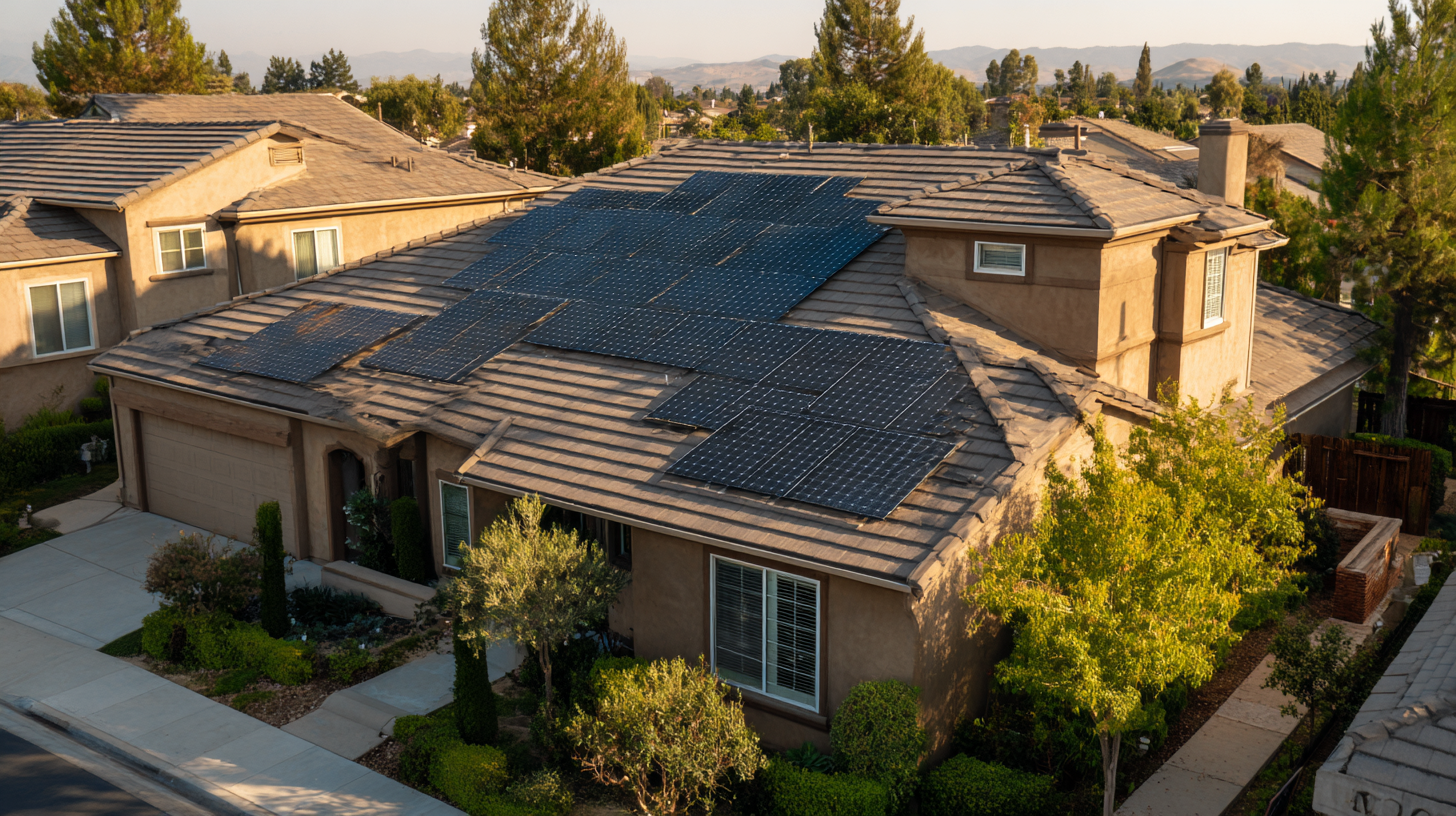
Related Posts
-
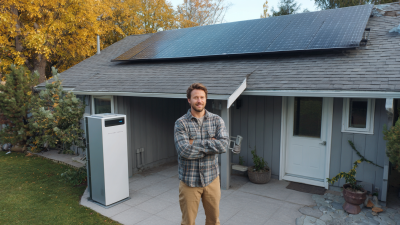
How to Maximize Your Home's Energy Efficiency with Solar Systems Using Data Driven Solutions
-

5 Best Solar Systems that Will Power Your Home Efficiently
-

Exploring Real Life Applications of Best Solar Pumps in Agriculture and Industry
-

Understanding the Best Water Solar System: How It Works and Its Benefits
-

Top 10 Solar Panel Water Pump Manufacturers from China at the 137th Canton Fair
-
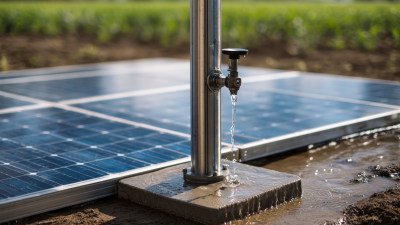
Unlock the Power of Best Solar Powered Water Pumps Understanding Technical Specs and Installation Guide
Contact Details
Address:
Solar Pump Solutions,
Borrisokane, Co. Tipperary, Ireland.
